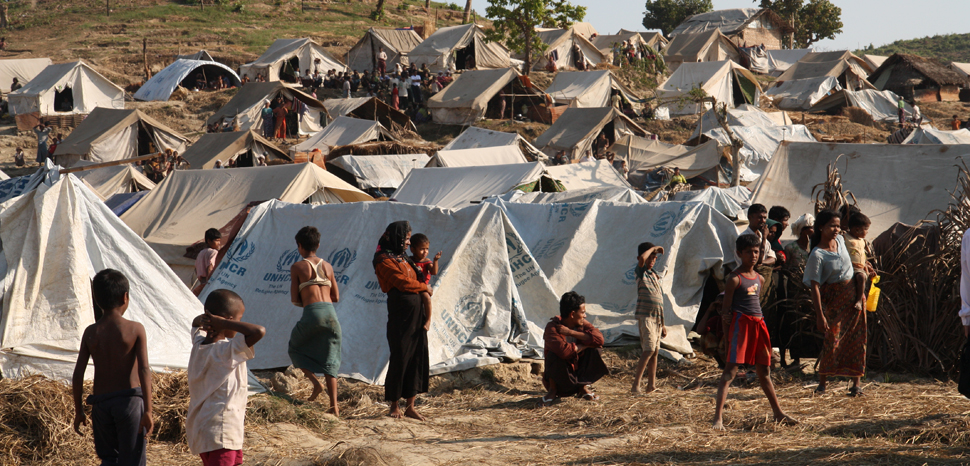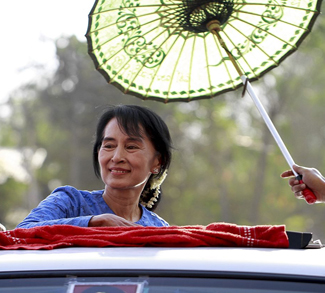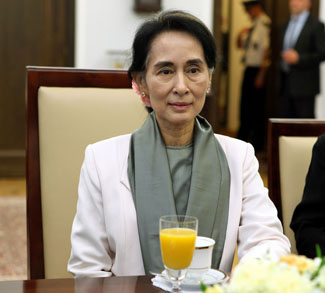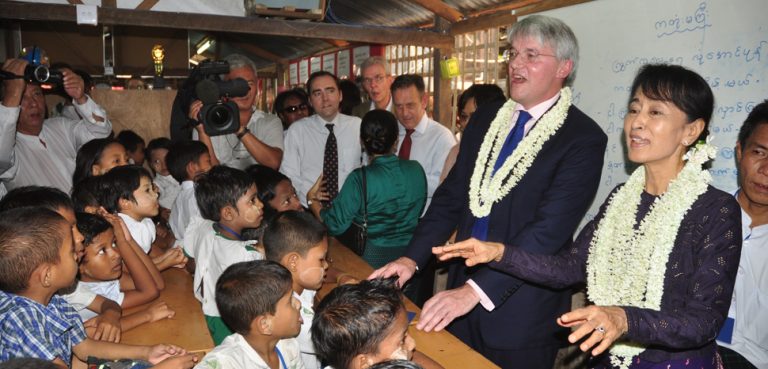Since the crackdown on the Rohingya in mid-2017, Rakhine State, along the border with Bangladesh in Myanmar’s volatile west, has been the epicenter of violence in a nation where multiple civil wars have raged since the 1940s. While more than 700,000 Rohingya refugees have remained encamped in squalid conditions across the border, the military – known as the Tatmadaw – has taken the fight to a band of Arakanese Buddhist militants active in the area, known as the Arakan Army (AA), bringing further bloodshed to Rakhine. Yet in August, a spate of insurgent attacks 600 km to the northeast re-opened a dormant front on Myanmar’s battlefield, threatening to alter the dynamics of the conflict.
On 15 August, three allied ethnic armed groups – the AA, along with the Ta’ang National Liberation Army (TNLA) and the Myanmar National Democratic Alliance Army (MNDAA) – launched a series of coordinated attacks in the Mandalay and Shan regions. In the township of Naung Cho, the groups’ fighters – collectively known as the Northern Alliance, or Brotherhood Alliance – attacked a railway bridge, killing seven Tatmadaw troops and three policemen. Elsewhere, a military training academy and several toll gates were attacked, while at least four strategic bridges were destroyed with IEDs.
The unexpected attacks drew an immediate response from the army and sparked weeks of intense fighting, triggering the most widespread violence witnessed since the height of the Rohingya crisis.




